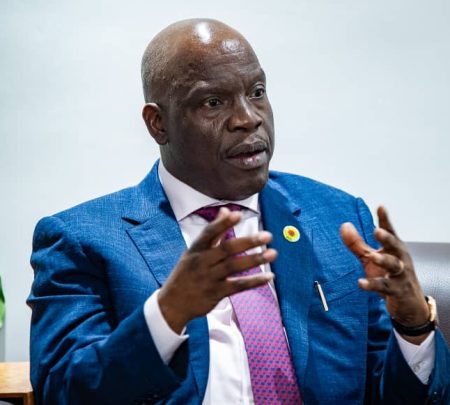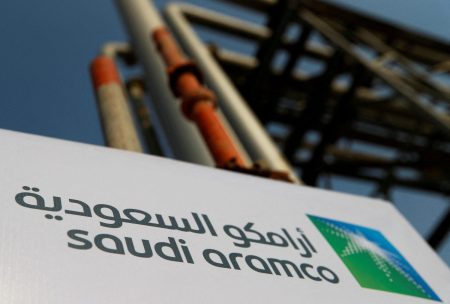15 April 2015, Lagos – The International Monetary Fund (IMF) has said that the slump in crude oil price will have severe impact on the Nigerian economy as well as other oil producing countries in the continent in 2015.

Therefore, given the weaker economic outlook for the continent, the fund revised downward Africa’s projected growth in 2015 to 4.5 per cent, from five per cent in 2014.
The IMF stated this in its latest 2015 World Economic Outlook titled: “Uneven Growth: Short- and Long-Term Factors,” released on Tuesday.
The price of a barrel of crude oil has almost halved from $115 in June last year, to $58.25 a barrel as at yesterday. This has led to drastic reduction in Nigeria’s revenue and had compelled the federal government to introduce some economic stabilisation measures in order to ensure a more sustainable revenue profile in 2015. For instance, among other measures, the federal government during the week disclosed that all local and foreign private jet owners in the country shall pay an annual surcharge of N3,200 per kilogramme based on the weight of each aircraft. In the same vein, owning a yacht in the country now attracts an Import Adjustment Tax of 50 per cent, just as champagne, wines and spirits attract Import Adjustment Tax of 50 per cent.
Continuing, the IMF acknowledged that Nigeria and some of the region’s oil-exporting countries with limited buffers have started to adjust to the decline in oil prices.
The IMF reiterated the need for oil-exporting countries to enact prompt fiscal adjustments, even as it advised that oil importers’ policy stance should strike the right balance between promoting growth and preserving stability.
Part of the 210-page global economic report stated: “The oil price decline will have a severe impact on the region’s oil exporters, including Nigeria, with 2015 growth for those countries marked down by more than 21⁄2 percentage points. In contrast, projected growth in the region’s oil importers is broadly unchanged, as the favorable impact of lower oil prices is offset to a large extent by lower prices of commodity exports.
“Key downside risks include further downgrades to growth in major trade partners, a sharper-than-expected tightening of global financing conditions, and mounting domestic security threats and policy uncertainty ahead of elections. Oil-exporting countries should enact prompt fiscal adjustments, while oil importers’ policy stances should strike the right balance between promoting growth and preserving stability.
“Sub-Saharan African growth for 2014 as a whole remained solid at five per cent, albeit lower than the 5.2 per cent growth in 2013. Growth in South Africa fell from 2.2 per cent in 2013 to 1.5 per cent in 2014, on account of mining strikes and electricity supply constraints. Elsewhere in the region, growth, driven by strong investment in mining and infrastructure and by private consumption, held up well, especially in the region’s low-income countries. Exceptions were Guinea, Liberia, and Sierra Leone, where growth declined sharply as a result of the Ebola epidemic, which caused severe disruptions in agriculture and services and the postponement of mining development projects.”
In addition, it noted that: “The region’s oil-exporting countries, especially those with limited buffers (Chad, Nigeria), started to adjust to the decline in oil prices. This adjustment led to lower growth than was previously expected. By contrast, growth in the region’s oil-importing countries was broadly in line with previous projections, although with considerable variation across countries.
“Fiscal and current account balances worsened significantly in the region’s oil-exporting countries, reflecting ambitious infrastructure investment agendas financed with shrinking oil revenues. Fiscal balances also deteriorated in other parts of the region, reflecting continued fiscal strains in the Ebola-affected countries and strong exceptional spending in Mozambique.”
– This Day



